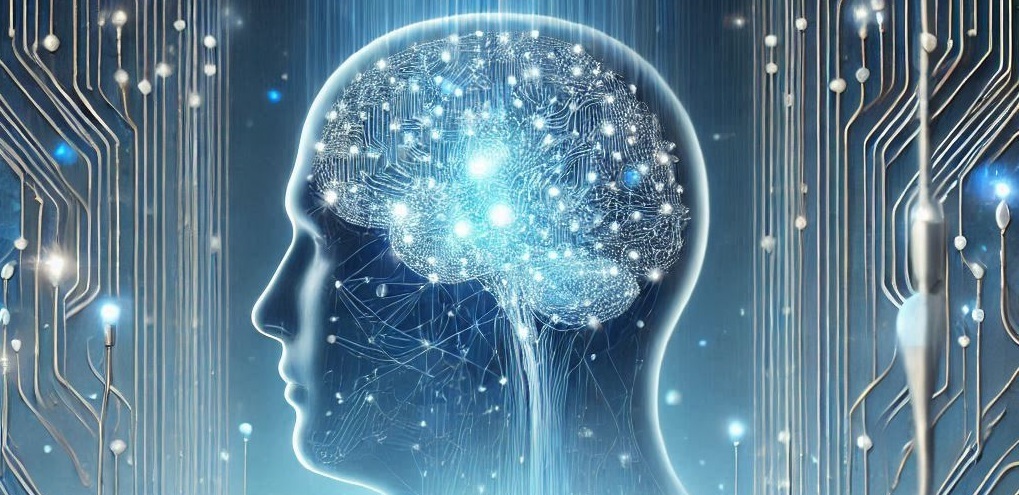Humanity stands on the brink of a technological paradigm shift that promises to transform our understanding of the human brain and our ability to interact with it.
Neurotechnology, defined as the set of devices and procedures that allow access to, monitoring, investigation, and even manipulation of neural systems, is emerging as one of the most promising yet challenging fields in modern science.
A recent UNESCO report, published in 2023, highlights the economic scale of this revolution: since 2013, government investments in neurotechnology have exceeded $6 billion, while the private sector has shown extraordinary growth, multiplying annual investments by 22 between 2010 and 2020 to reach $7.3 billion.Future projections are even more striking: the market for neurotechnology devices is expected to reach $24.2 billion by 2027.
From medicine to everyday lifeHealth is one of the primary domains of neurotechnology development. Applications include enabling individuals with paralysis to control electronic devices with their minds, helping patients with neurological conditions regain lost motor functions, and creating tools to enhance memory and attention. Brain implants are already being used to treat disorders such as Parkinson’s disease and spinal injuries. Simultaneously, brain-computer interfaces (BCIs) are offering individuals with severe disabilities the ability to communicate effectively through thoughts converted into text or speech.
Cochlear implants, which have restored hearing to thousands, are perhaps the most successful example to date. These devices connect directly with the human nervous system, functioning as small microphones that capture environmental sounds and convert them into electrical signals. These signals travel to electrodes placed inside the ear, stimulating the auditory nerve and allowing the brain to "hear" sounds.
Neuralink, a company led by entrepreneur Elon Musk, recently implanted its first brain chips in humans. Known as “Telepathy,” these devices help individuals with paralysis control external devices using their thoughts.
However, the use of neurotechnology is no longer confined to medicine and has expanded into other economic sectors. In the mining industry, devices are being used to monitor workers’ fatigue in real time, aiming to improve occupational safety. In finance, some institutions are experimenting with neurotechnology to analyse investor behaviour and optimise decision-making. The sports sector has also begun adopting these technologies to enhance athletic performance, while the entertainment industry explores applications in gaming and immersive experiences. Apple, for instance, is developing wireless headphones capable of monitoring brainwaves, which could revolutionise how we interact with devices.
Ethical dilemmas
However, the development of this technology is progressing faster than the legal frameworks needed to regulate it. Organisations such as UNESCO and UNICEF have raised concerns about its potential ethical, social, and human rights risks.
One such risk is the possible violation of brain privacy. Neural data is arguably the most intimate information about an individual, and its misuse could have devastating consequences. There are fears that such data could be used to manipulate behaviour, personalise advertising based on mental states, or even discriminate against individuals in the workplace based on brain patterns.
UNICEF has also expressed concerns about the impact these technologies could have on child development and the possibility of exacerbating existing social inequalities, creating a divide between those who can access cognitive enhancements and those who cannot.
Fortunately, some parts of the world have already taken steps to regulate the use of neurotechnology. In 2021, Chile passed the world’s first "neuro-rights" law, protecting personal identity, free will, and mental privacy for its citizens. This legislation has already proven effective: in 2023, Chile’s Supreme Court ordered a neurotechnology company to delete brain data collected from a national senator.
Another example is found in Colorado, United States, where legislation passed in 2023 classifies brain data as sensitive information and prohibits its use without the explicit consent of the owner. These initiatives are serving as models for other countries seeking to regulate the field.
The future: between promise and responsibility
Neurotechnology represents one of the most exciting frontiers of human progress. Its potential to improve health, enhance cognitive abilities, and revolutionise our interaction with technology is undeniable. However, it also raises some of the most profound ethical questions society has ever faced.
The true challenge lies in striking a balance between harnessing the immense potential of this technology and ensuring its development is ethical, safe, and equitable. The future of neurotechnology is in our hands, and the decisions we make today will determine whether this powerful tool helps us achieve new heights of human progress or compromises our privacy and autonomy.
The path forward requires unprecedented collaboration among scientists, lawmakers, ethicists, and civil society to ensure that this transformative technology is developed responsibly and benefits everyone.

stronger than one
